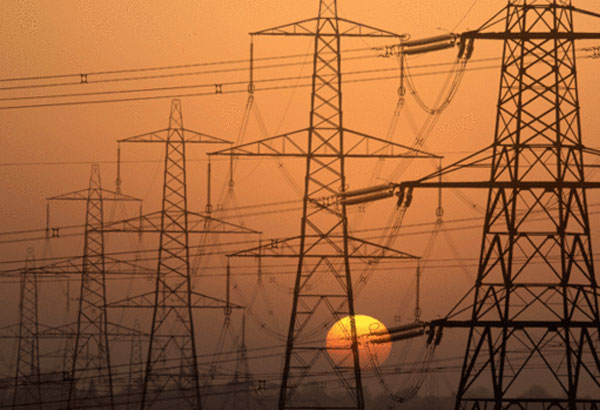Power sector at risk from higher coal tax

In a statement, the country’s largest business organization expressed concern over the proposed coal tax, saying it will significantly impact cost and quality of power in the country. File
MANILA, Philippines — The proposed coal tax under the Senate-approved version of the Tax Reform for Acceleration and Inclusion (TRAIN) Act is expected to send shockwaves through the power sector, worsening the already poorly situated power cost competitiveness of the country, the Philippine Chamber of Commerce and Industry (PCCI) said.
In a statement, the country’s largest business organization expressed concern over the proposed coal tax, saying it will significantly impact cost and quality of power in the country.
“It is, therefore, imperative that any policy affecting the quality and costs of power supply should be approached with active awareness and purpose of enhancing the key elements of our economy and that the same shall promote sensitive inclusiveness. Power quality and costs are, indeed, among those critical elements that are always viewed with clinical valuation by foreign and local investors, especially with regards to heavy or so-called brick and mortar types of production, which we need to focus on, too. Many left some years ago due to high and unpredictable power costs and policies,” PCCI president George Barcelon said.
He said power supply must be delivered in an accessible, affordable, reliable, sustained and competitive manner to continue unlocking the country’s economic potential and improve living standards.
“Being already poorly situated in terms of power costs competitiveness, it is important to give priority to the prevention or avoidance of any cause that will increase the cost and diminish the quality of our power industry. In brief, any cause or policy that would not promote that premise must be avoided,” he said.
According to Barcelon, power quality and competitive costs are key to bringing in much-needed heavy manufacturing investments to the country.
With the country also needing some 25,000 to 30,000 megawatts (MW) of new power generation capacity in place within the next 10 to 20 years, he said coal-fired power source, with its improving technology, is the best choice in achieving the balance of cost-competitive and reliable power supply.
“We now enjoy this rare opportunity when our country is catching the eye of the international business community, so let us not rock the boat, as it were, by tinkering and erroneously demeaning the impact of any increase in our power cost,” Barcelon said.
Last week, the Senate voted to increase the excise tax on coal to as much as P300 per metric ton in 2020 from the current P10 per metric ton. The proposed increase will be gradual, increasing to P100 in 2018, P200 in 2019, and finally to P300 in 2020.
The proposal is part of the Senate-approved version of the TRAIN which refers to the first package of the comprehensive tax reform program of the Duterte administration.
- Latest
- Trending































